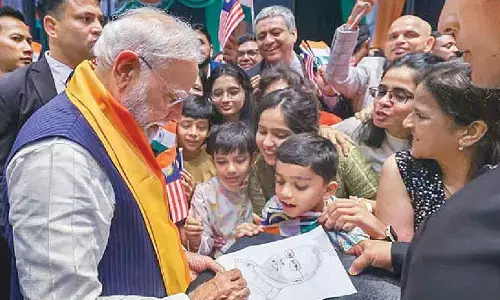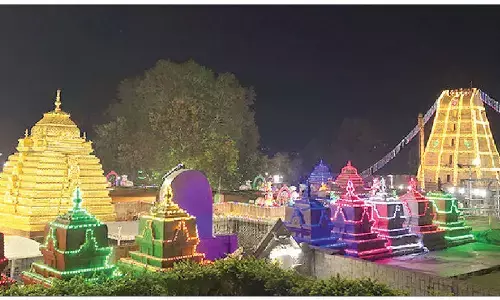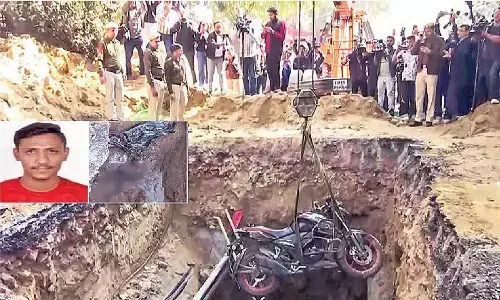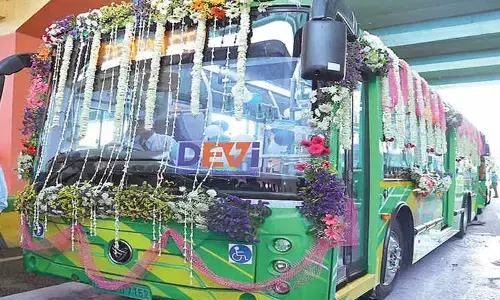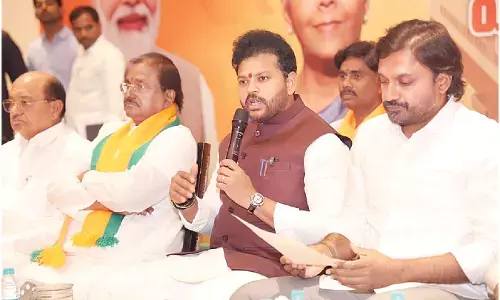Reforms in public administration need of the hour
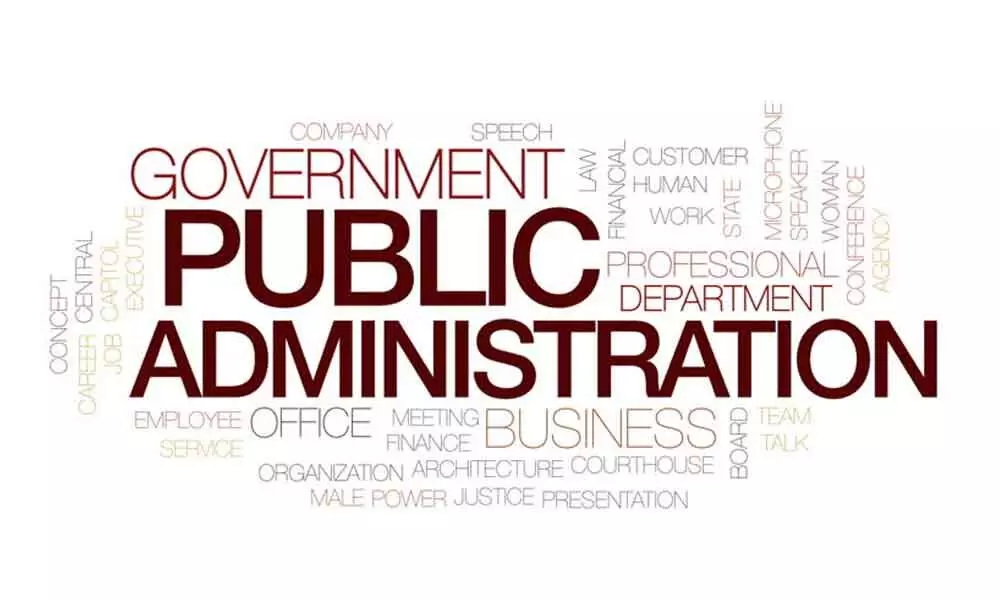
Public administration is like any other administration which is carried out in public interest. Whatever be the form of government, democratic, socialist or capitalist, public administration is the most important aspect which influences the lives of citizens, trade, industry and agriculture - in other words, the entire gambit of life of a citizen
Public administration is like any other administration which is carried out in public interest. Whatever be the form of government, democratic, socialist or capitalist, public administration is the most important aspect which influences the lives of citizens, trade, industry and agriculture - in other words, the entire gambit of life of a citizen. Any decision taken by the government has a long-lasting impact on the life of the common man.
That is why when India became independent, the system of civil services was retained. The Indian Civil Service — the Steel Frame — was renamed the Indian Administrative Service. As India started growing and progressing, various reforms came into being and as every government went in for more and more welfare schemes, the responsibilities of the administrators grew.
In addition to revenue collection and maintenance of law and order, they had to carry out welfare activities. Slowly, the successive governments adopted an exhaustive legal framework for appointment of bureaucracy. Till early eighties, things worked fairly well though one cannot say that it was absolute clean administration.
But slowly political influence overwhelmed the previously neutral civil service. Civil servants had to bow before politicians and the structure continues to be more intense now. The present situation is vastly different from what it was about three decades ago. There has been drastic change in the scope of public administration.
There was time when the executive used to take political decisions and the administration used to facilitate its implementation in the larger interests of the State or country. There used to be fairly strict implementation of rules. While the political bosses used to respect the views of the bureaucracy, the bureaucracy used to stand up to call a spade a spade.
The norms for execution of various decisions were to a great extent followed. But slowly, the system that we had inherited from the British Raj started breaking. Political bossism over bureaucracy increased and the officers who are supposed to guide the policy makers have started yielding to pressures.
The political authority and control over bureaucracy has reached a new peak in the last decade or so and with new political parties emerging and coming to power, there is a growing feeling that all systems in the administration have gone for a toss. What matters now is political likes and dislikes even for carrying out routine government work.
Administrative reform has been looked at by many governments — UPA being the most recent, in the Veerappa Moily report — but nothing has been done. Its time again for another round of administrative reforms so that the role of bureaucracy gains greater importance in administration. If it happens, the country can be put on fast forward mode in terms of development.








